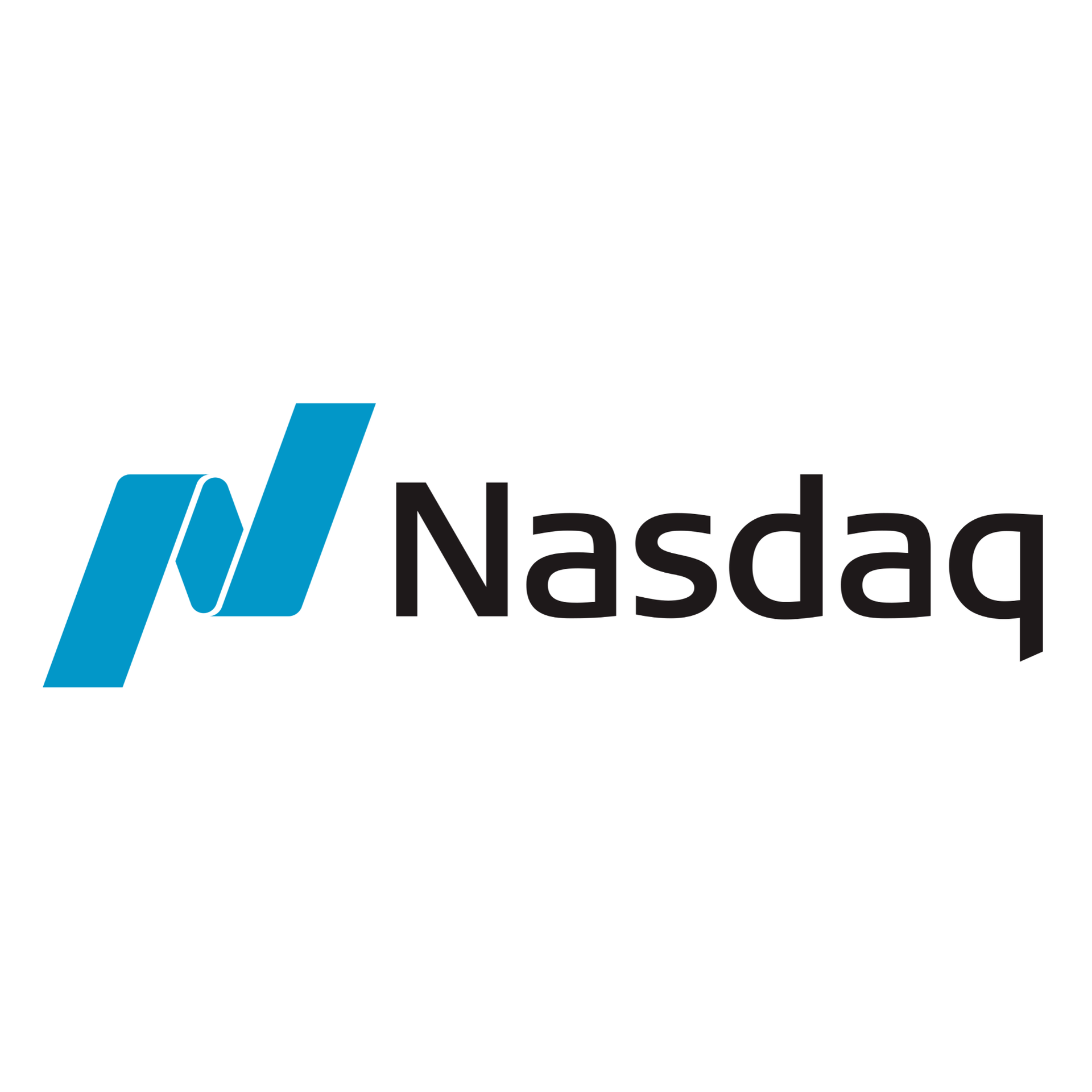
Goldman Sachs
What do people say about Goldman Sachs?
The perception of Goldman Sachs in the provided context is mixed but leans toward a critical view of its corporate culture and market influence. On one hand, Goldman Sachs is recognized as a major player with strong investment banking results, aggressive office attendance policies, and significant acquisitions like Industry Ventures that signal strategic expansion into private markets. On the other hand, its market calls, such as the bearish stance on PayPal stock, are mocked as lacking insight. Further, the firm's CEO Jamie Dimon's visible support for the politically divisive 'America First' agenda draws attention and criticism, suggesting a controversial positioning. The bank is also seen as emblematic of old-school, high-pressure finance culture, enforcing strict in-person work policies that some consider embarrassing given the empty office spaces. Overall, Goldman Sachs is perceived as financially powerful and influential but somewhat out of touch, politically entangled, and occasionally unreliable in market predictions.
Where are the conversations happening?
The most critical discussions occur on more informal and investment-focused podcasts such as 'The tastylive network,' where Goldman Sachs's analyst calls are openly mocked, and skepticism about their market insight is evident. The 'Larry Kudlow Show' highlights the firm's strict office policies and political affiliations, presenting a critical cultural perspective. Meanwhile, financial news summaries like 'Barron's Streetwise' acknowledge Goldman Sachs's strong earnings and strategic moves but do not shy away from pointing out the challenges and market skepticism. Tech and business news outlets such as 'Tech News Daily' provide a more neutral or positive view focused on strategic acquisitions and financial performance. Overall, critical commentary is strongest on retail investor-oriented and political commentary shows, while business news sources emphasize the firm's market power and strategy.
What are the topics trending around Goldman Sachs?
The trending topics near Goldman Sachs include aggressive office return policies, expansion into private markets via acquisitions, market skepticism over analyst calls, and the CEO's political endorsements especially related to the America First agenda. These discussions also tie into broader themes of investment banking performance, the impact of AI and technological innovation on finance, and the evolving dynamics of workplace culture in high finance firms.
Why are these topics trending?
These topics emerge because Goldman Sachs is actively enforcing strict in-person work mandates, which is highly visible and controversial in the current work environment. Their acquisition of Industry Ventures signals a strategic shift into growing private market sectors, drawing investor attention. Meanwhile, analyst calls from Goldman are under scrutiny and sometimes ridicule, reflecting skepticism about their market foresight. Jamie Dimon's political engagements highlight how the firm's leadership is aligning with divisive political movements, influencing public perception. These elements collectively dominate the conversation around Goldman Sachs, reflecting tension between tradition and modern challenges in finance.
How is Goldman Sachs being talked about?
Detailed breakdown of public sentiment and conversations about this entity.
Impact vs Sentiment
See how each entity's high impact percentage relates to their positive sentiment percentage from actual mentions.





